Generational agents of change: the individuals in northern Pakistan protecting their communities from COVID-19
With funding from the EU and AKF, AKAH are empowering individuals to educate their communities about preventative measures that can halt the spread of the virus
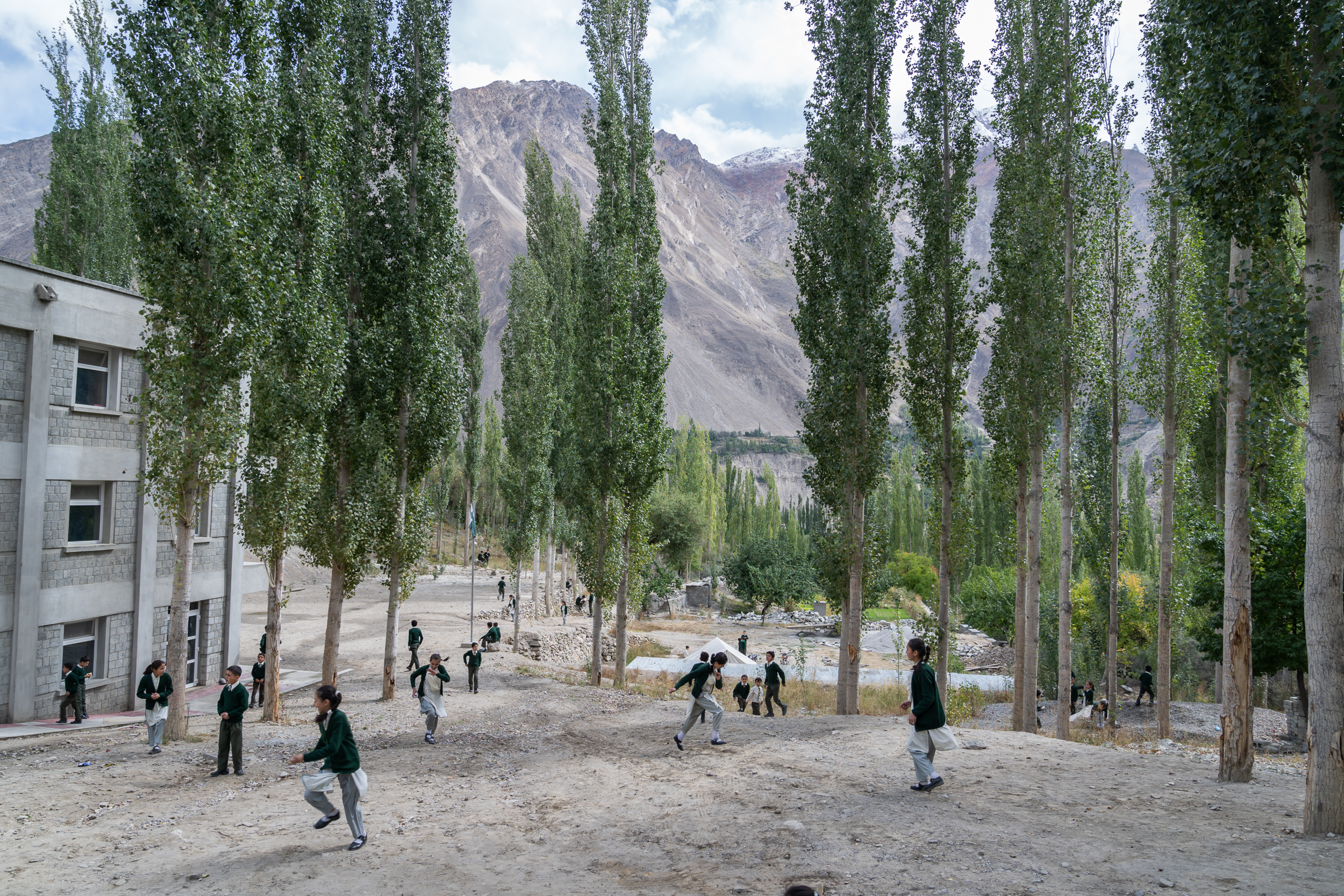
Like much of the world, Pakistan continues to grapple with the pandemic requiring an emergency response throughout the country at an unprecedented scale. With the rise of the fast-spreading Omicron variant, communities in the mountainous north of Pakistan are rallying and playing their part in an effort to prevent the spread of the virus.
Alongside these communities, the Aga Khan Agency for Habitat (AKAH), with financial support from the European Union and the Aga Khan Foundation, are working to increase preparedness and response to COVID-19 in Gilgit-Baltistan and Chitral. Targeting schools, committee groups and wider community members, AKAH is implementing health and sanitation improvement programmes, distributing hygiene kits, and undertaking pandemic outbreak response planning that combines global best practice with local insights.
Here, we share how these training methods have been pivotal in empowering agents of change from all generations to keep their communities safe during the pandemic.
Abyan Mir (aged 14) – Ahmadabad, Hunza, Gilgit-Baltistan
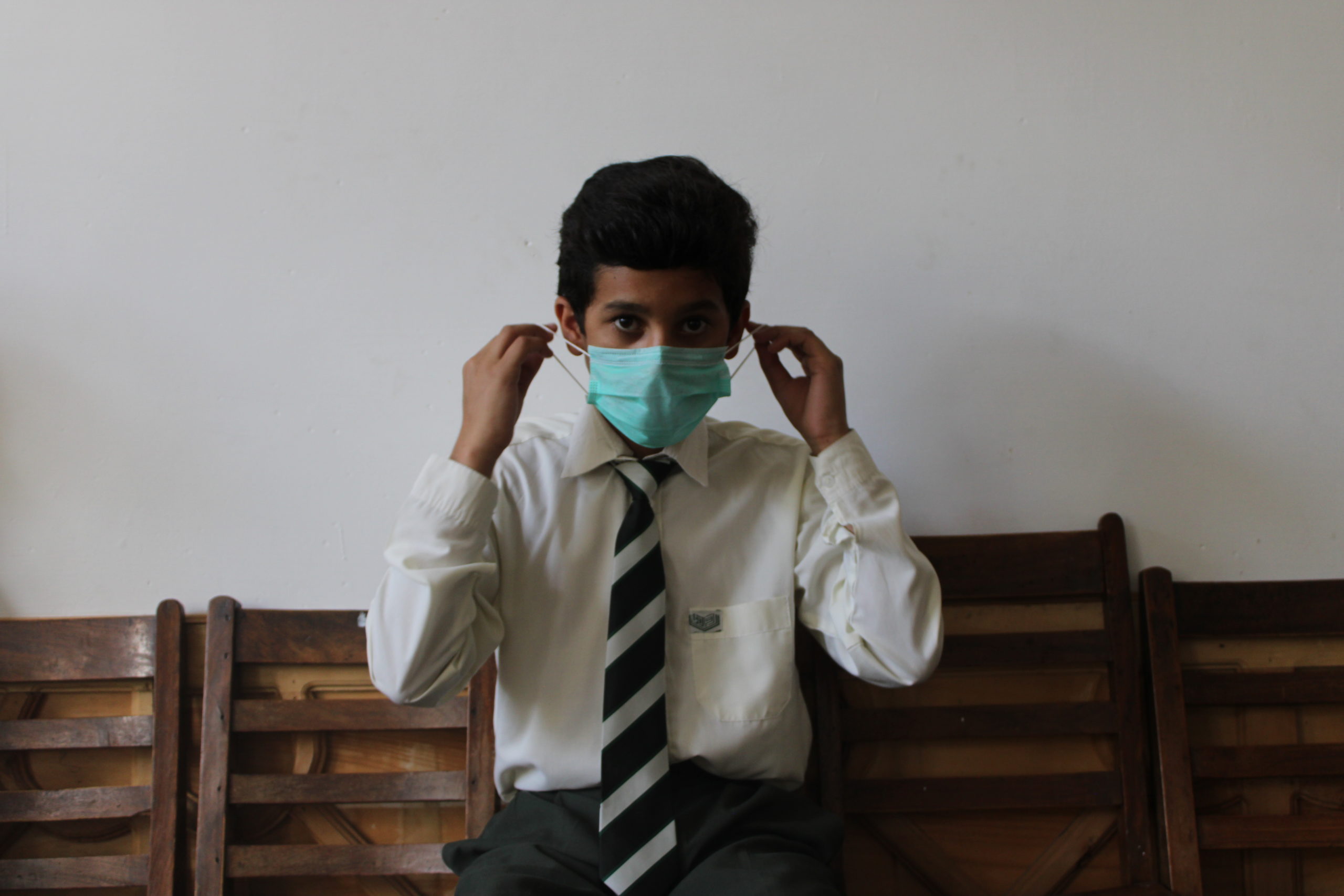
Abyan is an eighth-grade student at The Diamond Jubilee School in Ahmadabad, Hunza. Since returning to school after a lockdown, Abyan has learnt the importance of keeping a respectable distance from his friends and not sharing any of his belongings.
The Diamond Jubilee School has incorporated AKAH’s school health improvement programmes which teaches their students COVID-19 precautionary measures. Students are learning how important cleanliness and hygiene are for school safety and providing uninterrupted learning for everyone. They are also encouraged to share their learnings from school at home with their families and within their neighbourhoods.
“I argue with my elder brother every time he skips washing his hands properly after entering the house. Sometimes he doesn’t like me for doing so, but most of the time he’s grateful for my contribution towards ensuring the safety of the family.”
Abyan Mir, student at The Diamond Jubilee School, Ahmadabad, Hunza
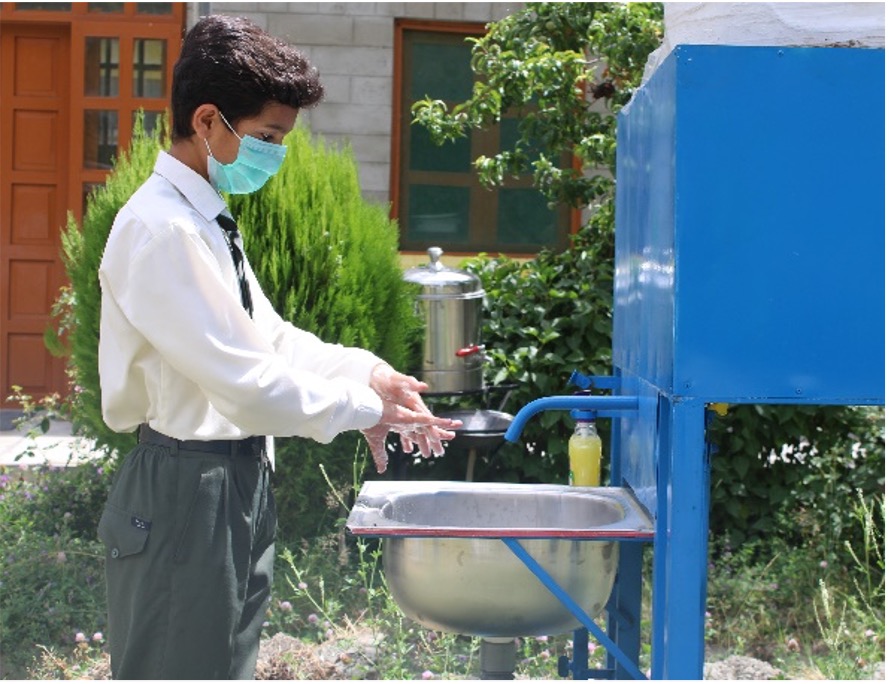
Ayban recalls, “after AKAH’s team visited our school and conducted the session, one of my friends had fallen sick and caught the virus. I recalled the learnings straight away and I did not visit him or invite him to play with us in the village for 14 days. I am sure he was also aware of the self-isolation steps outlined during the session. The session also taught us the importance of increasing the frequency of handwashing following the eight complete steps, and I have been following these instructions every day since then”.
Abyan has also used his knowledge to protect his family, even when it might not make him popular. “I argue with my elder brother every time he skips washing his hands properly after entering the house. Sometimes he doesn’t like me for doing so, but most of the time he’s grateful for my contribution towards ensuring the safety of the family.”
Shahi Gul (aged 40) – Bumburaite, Kalash, Chitral
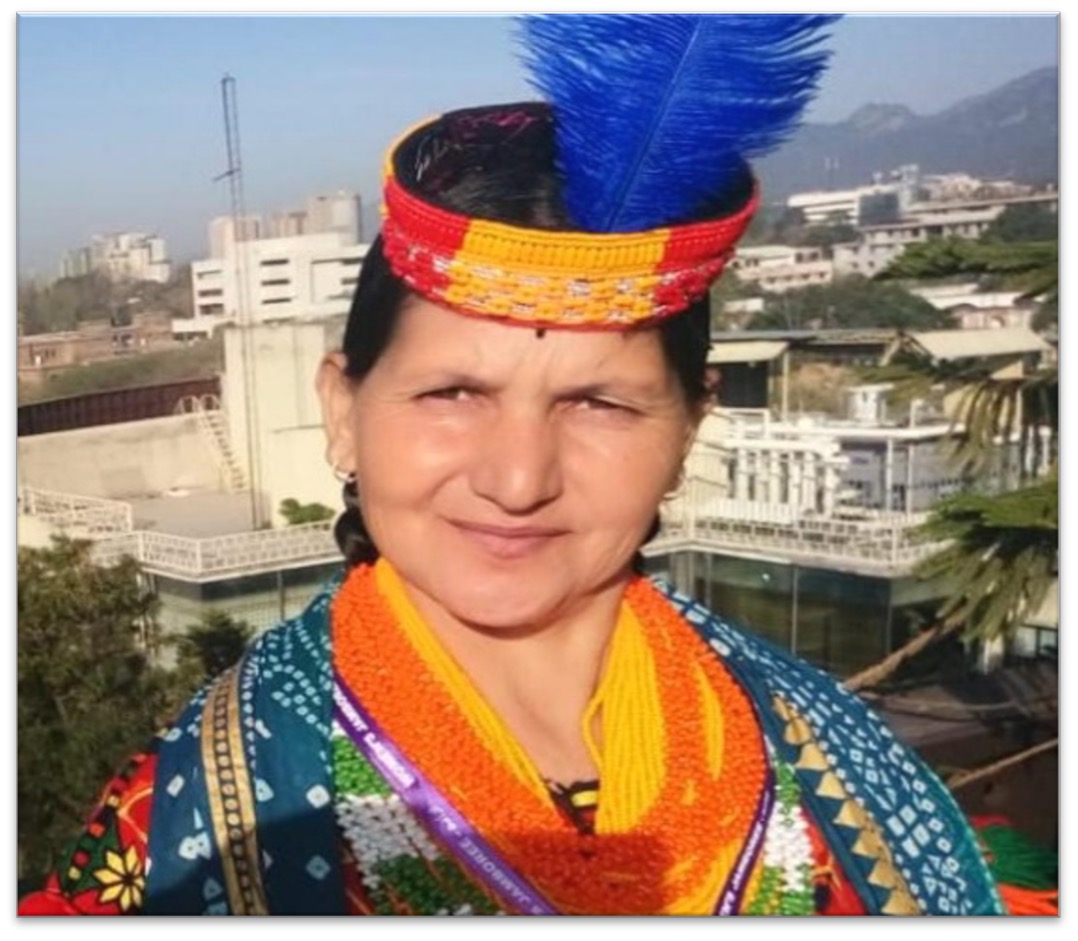
Shahi is a local businesswoman who runs a small shop selling groceries and embroidery in Bumburaite Valley. The sole breadwinner of her family, Shahi is a widow and mother to six children. She has witnessed people within her village abandoning COVID-19 precautions and refusing to wear face masks or observe social distancing within her shop.
Shahi says “I lost my husband at a young age and only I know the physical and mental stress I went through all these years. People are not aware how their actions endanger other people’s lives. I love my family and I do not want to experience any further loss.”
Despite limited COVID-19 safety measures within her community, Shahi continued enforcing safety rules in her shop and championed them with the community. Her commitment to a COVID-19 free village got her selected as the member of the local pandemic committee, set up as part of this programme. Shahi received training on pandemic response planning and became part of a cohort of 288 trained villagers across Gilgit-Baltistan and Chitral.
“People are not aware how their actions endanger other people’s lives. I love my family and I do not want to experience any further loss.”
Shahi Gul, local businesswoman, Bumburaite, Chitral
Shahi now dispels misinformation about the pandemic within her community and informs families on how they can mitigate risks and stay safe during outbreaks. So far, Shahi has successfully trained 29 women in her village on COVID-19 prevention and response, who collectively are helping to keep the village virus free.
“Bringing a positive change does not require a degree as I tried and succeeded, even as an illiterate woman,” says Shahi.
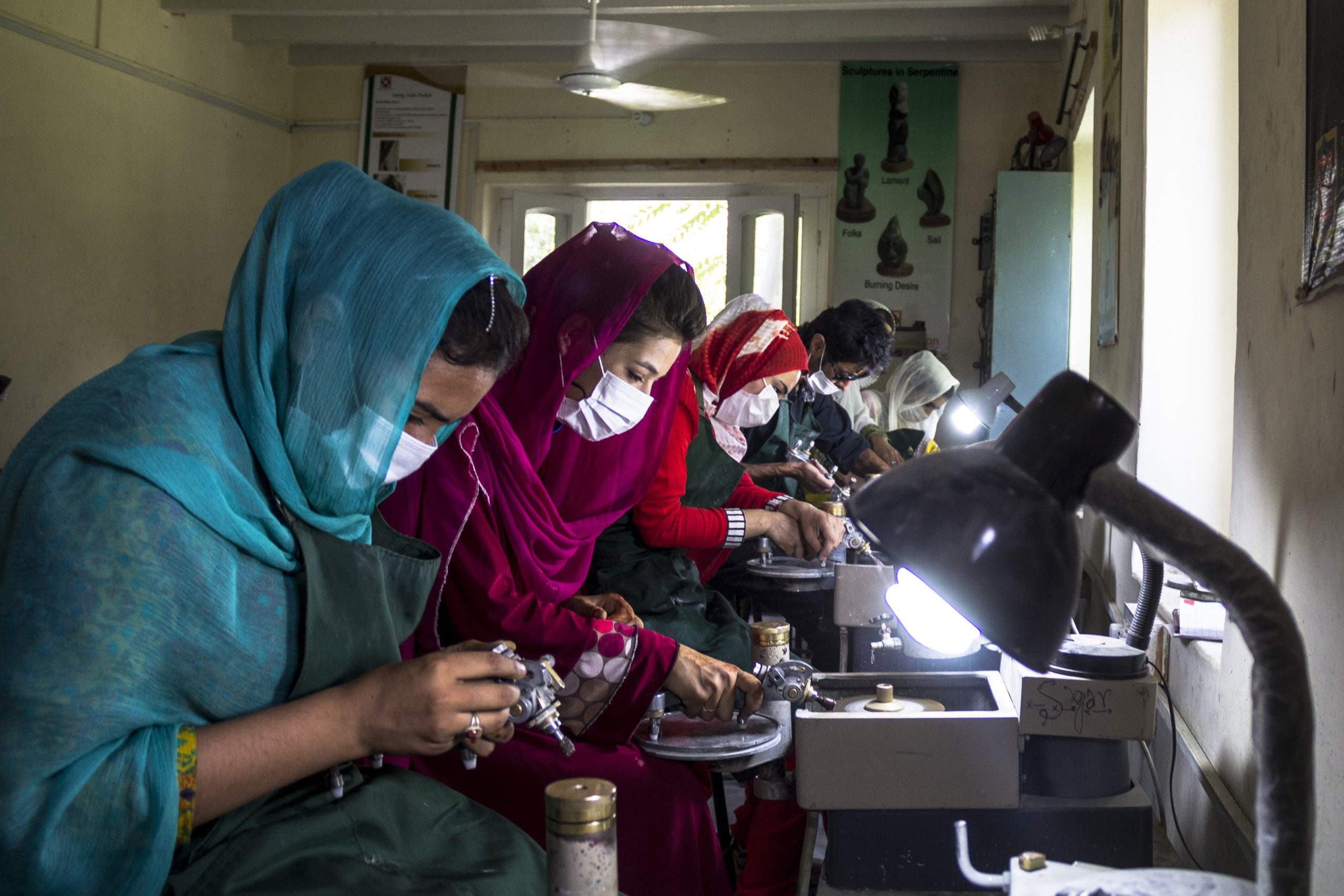
Niyat Shah (aged 75), Misgar, Hunza, Gilgit-Baltistan
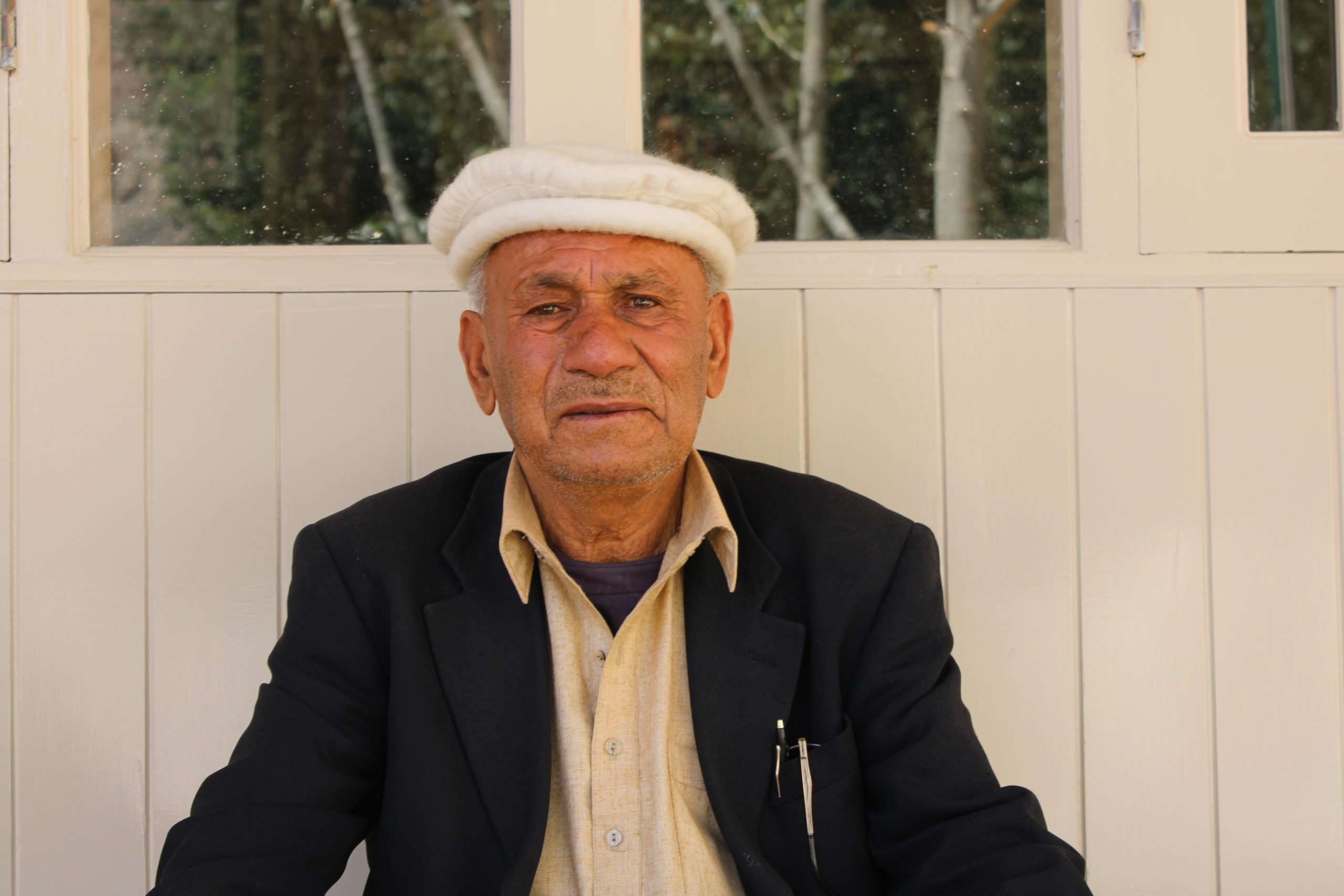
Niyat is a resident of Misgar, Hunza was very unwell after contracting COVID-19 last year. Since then, he has taken part in community health improvement programmes provided by AKAH to increase his knowledge of the virus and how to sensitise members of his community on important hygiene practises.
“I was severely ill with the COVID-19 last year. Since then, I stopped the practice of shaking hands. Most people don’t like this and complained about it. Previously, I was unable to convince them why this is important, however, I am hopeful that after attending the community health improvement programme session, they will now understand the reasons behind my behaviour”.
“I was severely ill with the COVID-19 last year. Since then, I stopped the practice of shaking hands. Most people don’t like this and complained about it.”
Niyat Shah, local resident, Hunza, Gilgit-Baltistan
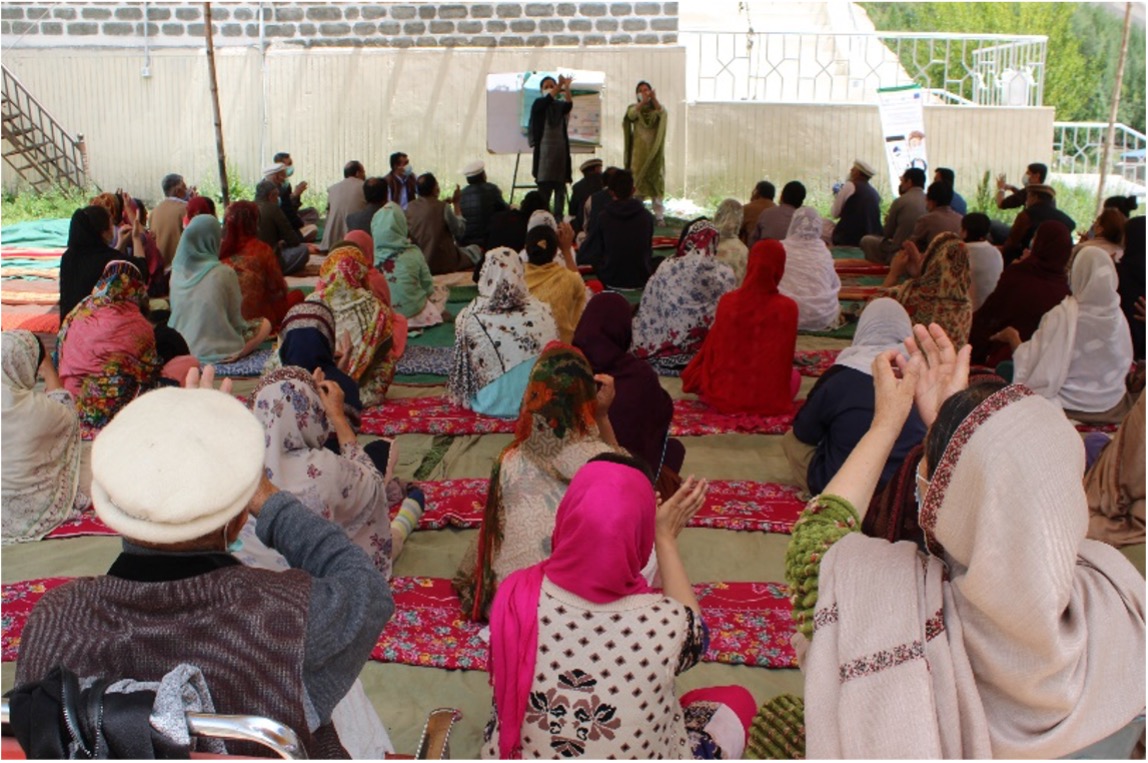
The Aga Khan Agency for Habitat’s project continues to work to improve resilience across communities in preventing and reducing the transmission of COVID-19. These efforts, alongside inspiring individuals have resulted in a rise in social distancing, use of facemasks and proper handwashing. These practises have shown how individuals can make a positive impact for generations to come, throughout the pandemic and beyond.
‘Critical preparedness, readiness and response actions for the coronavirus disease pandemic in Gilgit-Baltistan and Chitral’ is a project funded by the European Union and the Aga Khan Foundation and implemented by the Aga Khan Agency for Habitat. Views and opinions expressed are however those of the author(s) only and do not necessarily reflect those of the European Union. Neither the European Union nor the granting authority can be held responsible for them.
This article was written by Amjad Ali and Wajiha Masud.

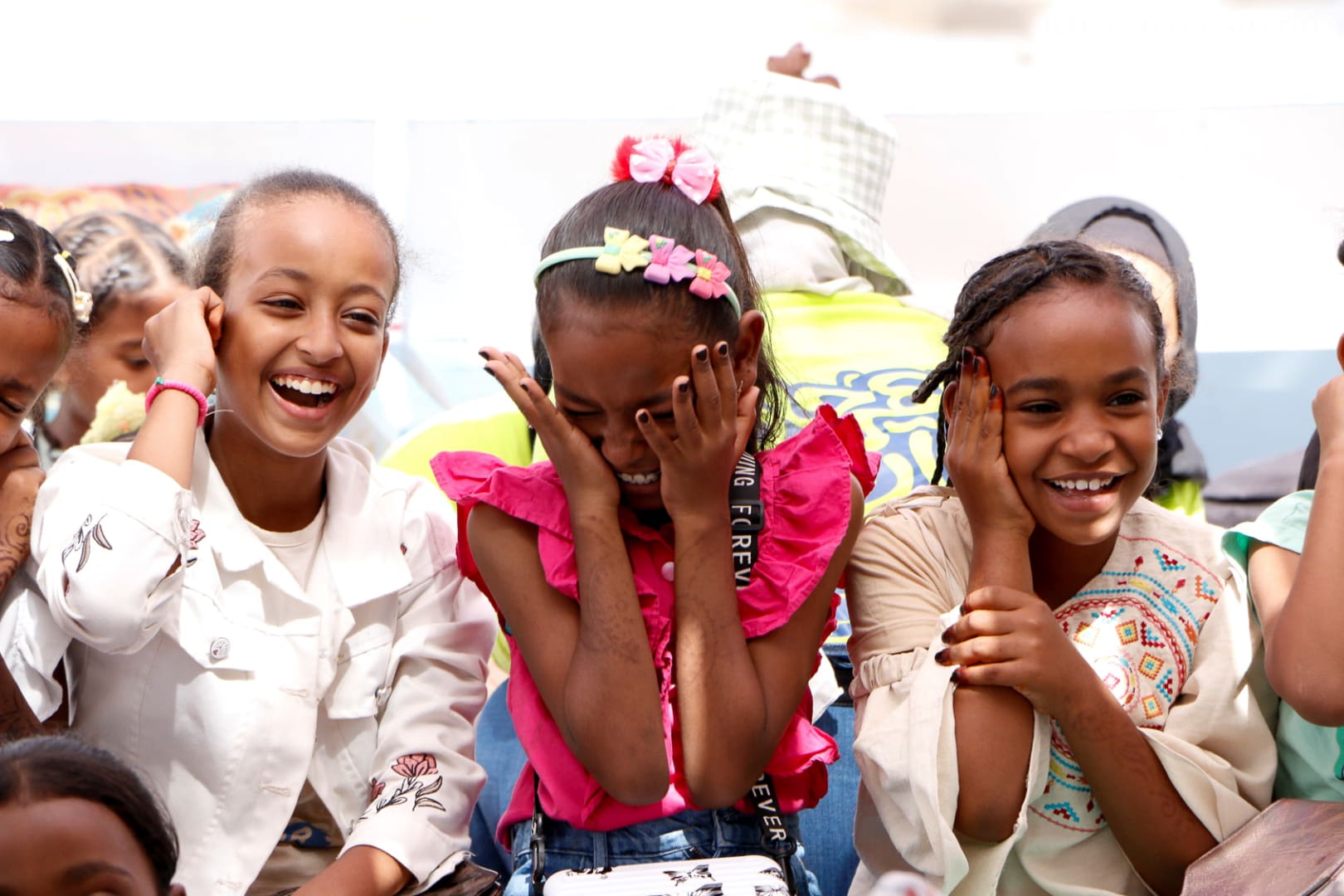
Support our work Your donations are helping us build a future where we all thrive together.